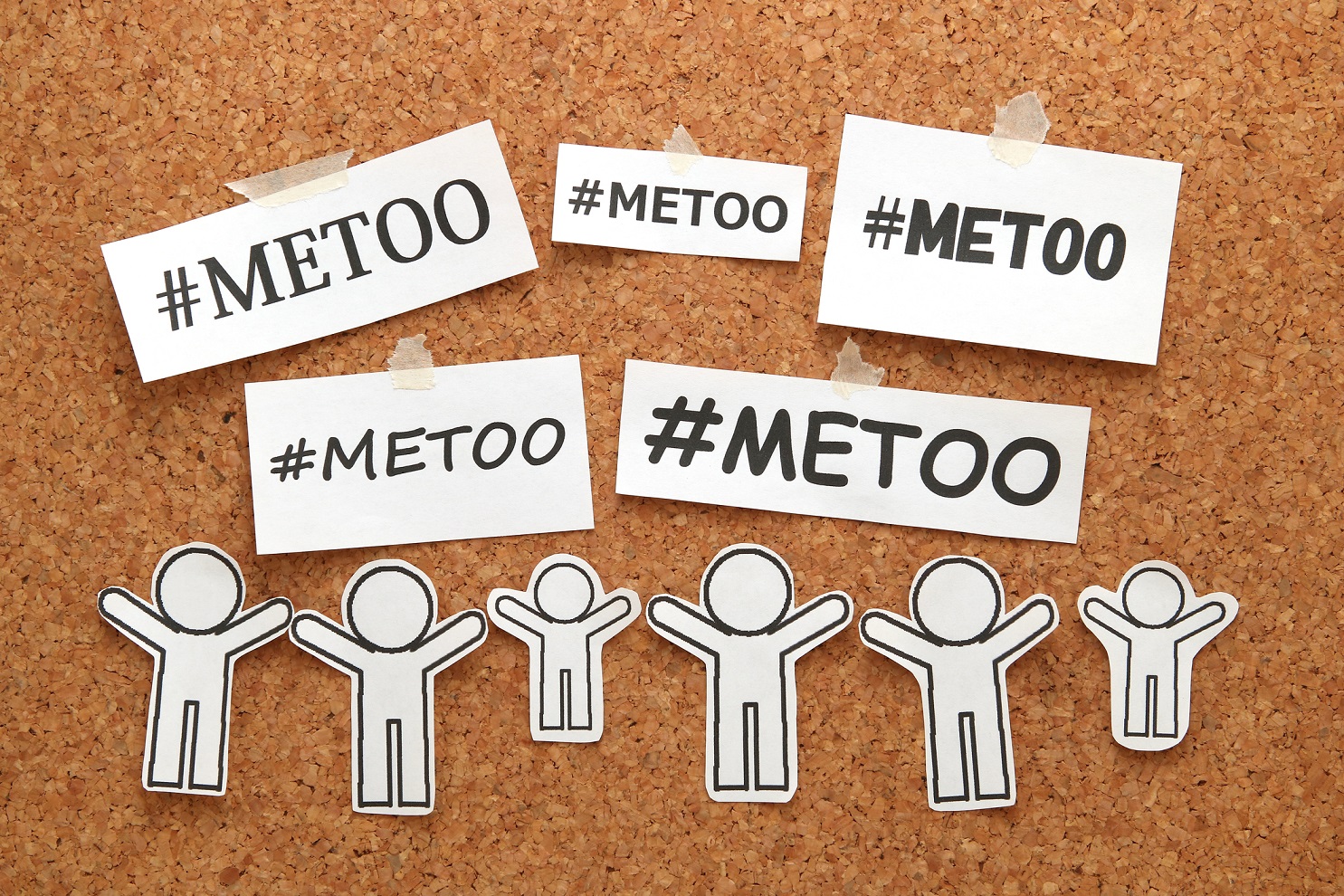Christian Questions Bible Podcast
A weekly podcast that invites you to "think about the Bible like you never have before." We tackle modern day challenges through a biblical lens, provoking thoughtful, respectful dialogue that deepens your understanding and strengthens your faith.
A weekly podcast that invites you to "think about the Bible like you never have before." We tackle modern day challenges through a biblical lens, provoking thoughtful, respectful dialogue that deepens your understanding and strengthens your faith.
Episodes

Monday Sep 10, 2018
Ep. 1038: What Does True Friendship Look Like?
Monday Sep 10, 2018
Monday Sep 10, 2018
BFF. Best Friends Forever. These three words conjure up an image of connectedness and loyalty that any one of us would want to be a part of. Sadly, it is an image that for many will only ever remain a thought and never become a tangible reality. Why is that? Why are so many of us on the outside looking in when it comes to true and profound friendship? At least one set of problems may begin with the way our social environment is structured. Social media actually teaches us to be acquainted at a distance, to be engaged without actual interaction and to be friends by clicking, posting, following or sharing – all done as we gaze into that little electronic screen. True friendship requires so much more...and true friendship returns so much more. Let’s look at some ways we can give and receive friendship – the old fashioned way – person to person. It just might make your life better!

Tuesday Sep 04, 2018
Ep. 1037: Is Christianity a Healing Religion?
Tuesday Sep 04, 2018
Tuesday Sep 04, 2018
The fountain of youth. The cure for cancer. A magic diet pill. We would all love to have these incredible “miracles” for whatever ails us. When Jesus walked the earth 2,000 years ago he, in a sense, was a life-changing elixir and a source of quick fixes as he healed the masses. Who wouldn’t have wanted to be near him, for wherever he went, godliness, healing and wisdom followed. Fast forward those two thousand years, and even though Jesus is no longer walking the earth as a man, much of Christianity is still claiming and teaching the healing of Jesus. Should they be? The Apostles and the early church were able to heal, so maybe we should ask why isn’t everybody doing it? Has something changed regarding Christian miracles and faith healing? If so, what and most importantly why?

Monday Aug 27, 2018
Ep. 1036: How Do I Strike Back at Betrayal?
Monday Aug 27, 2018
Monday Aug 27, 2018
No one ever wants to experience betrayal. It is easily one of the most devastating life events we can imagine. When we come face-to-face with it, it shocks, breaks and undermines much - if not all - of what we hold dear. For many, once we are betrayed it becomes a cancer that cannot be cured, a wound that will not heal and a darkness that will not relent. Betrayal devastates us because it violates trust...and trust is sacred. So, what do we do when we are betrayed? How do we cope? Is it even possible to rebuild our lives after such a disaster? And what about those who did the betraying? Is it possible for them to recover? How do we get to the point of ever trusting again?

Monday Aug 20, 2018
Ep. 1035: What is the True Meaning of Loyalty?
Monday Aug 20, 2018
Monday Aug 20, 2018
Humanity is built for loyalty. We have wired within us a longing to be seen and accepted by others as trusted and important. We are also blessed with a deep desire to give allegiance and live with faithfulness to those whom we deem worthy of our fidelity. If you just stop and think about being loyal for a moment you will realize it permeates all of our life decisions. We gravitate towards those people and things to which we attribute comfort and security, as we stay away from those people and things which we see as sources of alienation or disappointment. So, what makes loyalty work? Are there conditions that should always be present when we give or receive it? What happens when we misplace our loyalty? How do we know that our chosen loyalties are good or even healthy?

Tuesday Aug 14, 2018
Ep.1034: Did Jesus REALLY Die for Everyone?
Tuesday Aug 14, 2018
Tuesday Aug 14, 2018
Every Christian adheres to and celebrates the belief that Jesus died to pay for our sins. In the spirit of Jesus’ own words saying "there is no other name under heaven by which we must be saved," we go about preaching the good news of the salvation made available through the life, death and resurrection of our Master. It is here that the questions and differences come into play. What does it mean that Jesus died for all? Does that imply an equal opportunity for each and every human being who ever lived to come to salvation? If so, then how does it work for the billions who have never had Jesus presented to them as a viable option for belief? If there is NOT an equal opportunity for all, then why not? What would possibly keep God from presenting a choice to every human being?

Tuesday Aug 07, 2018
Ep. 1033: How Do I Relight the Fire of My Christian Faith?
Tuesday Aug 07, 2018
Tuesday Aug 07, 2018
When we think of Christian faith we often think of those heroes past and present whose lives reflect the courage and fortitude needed to stand up for Christ in the face of an opposite world. We recall their drive, experiences and actions and feel inspired. Then we look at our own lives, and it is at this point that we can often get totally depressed! Where is the passion, the conviction and the heroic stand of MY faith? How is it that life seems to keep getting in MY way, and I don’t always feel or act in accordance with the living faith I see in others? Is there something wrong with me? Is my faith genuine, and if so, then what do I have to do to put it in its rightful place regarding my daily life experiences? Is it even possible for me to become a “hero of faith” even in a small way? How do I relight faith?

Monday Jul 30, 2018
Ep. 1032: Is the Bible Behind the Times on #metoo?
Monday Jul 30, 2018
Monday Jul 30, 2018
(For more on the story of our guest, Amy, see Episode 829: "What Happens When Life Gets Broken?") The world has changed on every level and in every way. As those things which were hidden and covered up in our society are being revealed we begin to see aspects of our social order in a different light. The very new social media cry of #metoo is a classic example of this. Never before has it been made so public the severe advantage that so many men have taken of so many women and the deep suffering that many of these women continue to carry. The social conversation that #metoo has prompted is vital and can be healing as well. Now some questions. Where does Christianity fall in the spectrum of these events? Many say the Bible promotes the disrespect and abuse of women – would that make Bible-believing Christians supporters of evil? With the good the #metoo movement brings, are there any dangers that come with it? What should we as Christians do?

Monday Jul 23, 2018
Ep. 1031: What Happens to My Christianity When I Go to Work?
Monday Jul 23, 2018
Monday Jul 23, 2018
Christianity at work...for the most part, we all need to support ourselves. That self-supporting system generally comes in three phases. First is the education phase, where we are supposed to choose what self-support direction to take and then how to do it. Second is the work of making ends meet, which for most of us, occupies the majority of our adult lives. It is our thinking and actions in this phase that define our lives. Third is the benefits stage. It is hard to get to but can give us choices and control of our time. Whatever stage of life we might be in, we as Christians are always required to carry our beliefs and principles with us. The question then is simple. How well are we defining ourselves by our thoughts, words and actions while in these environments? Do we look like and act like the follower of Christ we profess to be?

Tuesday Jul 17, 2018
Ep.1030: Where is the Kingdom Jesus Told Us to Pray For?
Tuesday Jul 17, 2018
Tuesday Jul 17, 2018
What part of the Gospel did Jesus most focus on teaching? For many of us the answer would be simple. Jesus taught love – love one another as he and God love us. While this is a beautiful and profound answer, it is surprisingly incorrect. Jesus actually focused probably three times more on teaching about the kingdom of God and the kingdom of heaven! As a matter of fact he taught about the kingdom more than he taught about anything else. Amazing and true! Now, if Jesus was so laser beam focused on the kingdom, it is probably smart for us to know what he was talking about. By the way, the several ways he described the kingdom seem to be in contradiction with one another. So, what is the kingdom, where is the kingdom and when is the kingdom?

Monday Jul 09, 2018
Ep. 1029: What Does it Mean to Glorify God?
Monday Jul 09, 2018
Monday Jul 09, 2018
Praise God! Psalm 34 says “Magnify the LORD with me, and let us exalt His name together!” As Christians we often think of glorifying God as an incredibly positive exercise in expression, excitement, joy and passion. Our praise and worship usually bring us to feeling His love and power, and this in turn opens us up to a convicted sense of security. All of this is good, but is it the complete picture of what glorifying God is supposed to be? Do our praise and worship sufficiently satisfy the "glorifying God equation" in our daily lives? What if there is a whole different level of extolling our Creator’s character? What if that different level could actually have a profound transforming effect on us? You’d want to know about that, right? Me too!




